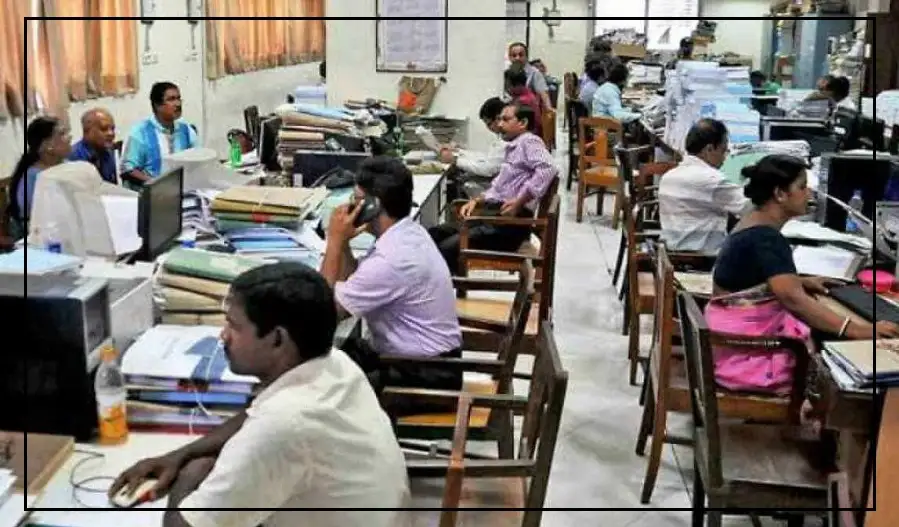India’s long-awaited new labour codes officially came into effect on November 21.
These four major laws — Code on Wages, Industrial Relations Code, OSH Code, and Social Security Code — aim to improve working conditions, ensure fair pay and expand social security for employees across all sectors.
The new rules bring major changes for workers in the organised and unorganised sectors, gig workers, fixed-term employees and those working in flexible setups like work from home.
Minimum Wages for All Workers
One of the biggest changes is that every employee in the country will now receive guaranteed minimum wages.
Earlier, wage rules varied from state to state, often leaving many workers without proper protection.
Under the new system, the Centre will set a national floor wage, and no state can set wages below this limit.
This ensures fair pay and more uniformity across India.
Another major update is the standardised definition of ‘wages’.
Basic salary must now form at least 50 percent of the total pay.
While this may slightly reduce take-home salary in the beginning, it increases PF and gratuity contributions, leading to better retirement benefits.
Social Security for Gig Workers and Faster Gratuity
For the first time ever, gig workers — like delivery partners, cab drivers and freelancers — will be covered under social security schemes.
Companies will contribute a portion of their revenue to fund benefits like insurance and health support.
There is also good news for fixed-term workers.
Gratuity will now be available after just one year of service instead of the previous five-year requirement.
This change will particularly benefit short-term and project-based employees.
Clearer Job Rules, Overtime Pay and Employee Safety
Employers must now provide formal appointment letters to all new employees, including those working in the unorganised sector.
This helps workers access social security benefits and reduces disputes about wages and roles.
Overtime rules are also clearer. Employees must be paid double their normal pay rate for extra hours.
Annual leave eligibility has been reduced from 240 days to 180 days, allowing new employees to take paid leave sooner.
Women can now work night shifts across all sectors if they give consent and employers provide proper safety and transport.
The laws also ban wage discrimination based on gender.
Work From Home, Health Benefits and Timely Payments
The new codes officially recognise work-from-home arrangements, especially in service-based industries.
These setups can be introduced with mutual agreement between employers and employees.
For workers above 40, companies must offer free annual health check-ups.
This encourages preventive care and early detection of health issues.
The rules also ensure timely salary payments.
Monthly wages must be paid within seven days, and employees leaving the company must receive pending payments within two working days.
Another important update is related to worker safety.
Accidents while traveling between home and the workplace will now be considered work-related, making workers eligible for compensation.
The new labour codes replace 29 older laws and create a simpler, more worker-friendly framework.
They aim to balance ease of doing business with stronger rights and protections for India’s workforce.

























